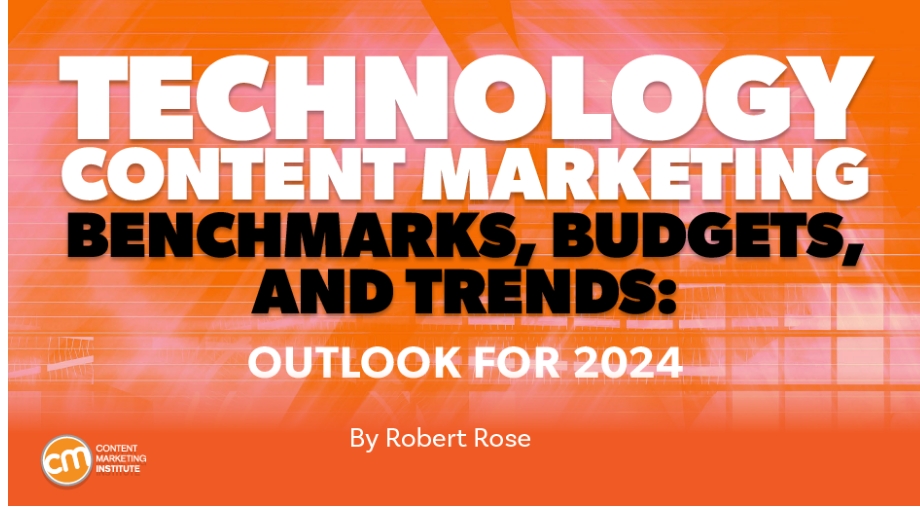In a 20-minute demo, the sales engineer deftly clicked through the interface, configured a new image set, assigned the metadata, and set the rights-management properties. He logged in as different users to demonstrate a sophisticated workflow. Then, he published an asset and showed how the system presented it in channel-specific formats.
No fewer than five times, he mentioned how “easy” it was for the business user to do what once only experts could do.
I interrupted him. “Here’s the thing,” I said, “That isn’t easy for someone who doesn’t understand what you’re doing.”
As technology marketers, what you offer to the world seems simple from the outside. You provide a new tool to help your customers do something they couldn’t before acquiring it. But the more amazing the thing they can now do, the more skilled they usually need to be at using it.
Said another way, a chainsaw in the hands of a lumberjack is a simple tool. But in my hands? It’s an ER trip waiting to happen.
Today, businesses work with some of the most sophisticated digital technology and interfaces in any industry. But that doesn’t make technology easier to market. It still involves a complex and difficult journey made more challenging by how quickly things change.
We looked at the answers of 272 technology marketers who responded to CMI’s July 2023 survey to find out. (For more information about the full study of 1,084 marketers, see B2B Content Marketing Benchmarks, Budgets, and Trends.)
One not-too-surprising finding: Tech content marketers outpace their marketing peers in AI use. More than two-thirds (79%) of tech marketers say they use AI compared with 72% of B2B marketers as a whole and only 58% of enterprise marketers.
What else to expect this year? Technology marketers say they’ll focus on these things in 2024:
- Increasing traffic, leads, and sales
- Nurturing existing clients
- Leveraging AI for content creation while ensuring authentic, quality content
- Enhancing content creation processes and systems
- Focusing on thought leadership
- Measuring content performance and value.
The most common trends mentioned center around:
- AI proliferation in content creation — with concerns about authenticity and oversaturation.
- Authenticity and uniqueness — valuing human-created content that stands out from AI-generated noise, prioritizing quality over quantity.
- AI’s impact on SEO and content ranking — changes in SEO strategies to accommodate AI algorithms, emphasizing FAQ-oriented and thought leadership content.
- Increased personalization — hyper-personalized content delivery using AI-driven tools to cater to individual personas or niche segments.
Let’s look deeper into the research sponsored by Foundry, an IDG, Inc. company...Read More

